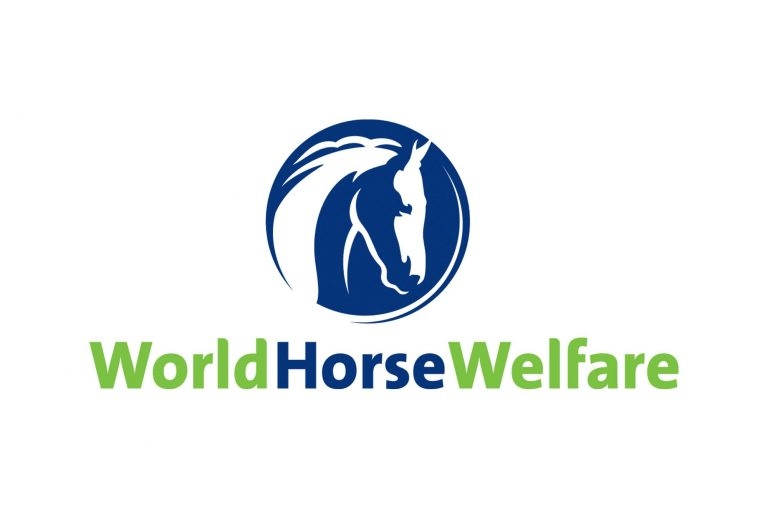
World Horse Welfare logo
Pioneering Step In The Fight Against The Spread Of Equine Disease
British Equestrian’s Equine Infections Disease Action Group (EIDAG) has today released their comprehensive publication aimed at mitigating the risk of equine disease transmission for general use.
The nine-member strong EIDAG was set up in October 2019 and comprises industry leaders with expertise in equine medicine and infectious diseases. Their primary objective on the project was to help those in the equine industry who oversee and organise equine activities to play an essential role in mitigating the risk posed by infectious diseases to Britain’s equine population.
The 69-page document, entitled Advice notes for BEF member bodies and organisers of horse gatherings, is the product of months of input from the group and provides practical advice so that equine member bodies and those involved in organising any type of equestrian gathering can put effective and practical measures, guidance and education in place. The guidance is based on ten pillars of equine infectious disease management that organisers should follow:
- Responsibility
- Raising standards and education
- Risk communication and responsiveness
- Vaccination
- Vigilance and risk reduction
- Biosecurity practice: participants
- Biosecurity practice: stabling
- Early disease recognition
- Transparent information sharing
- Support national infectious disease management
Based on compliance and measures in place, gatherings can then operate at gold, silver or bronze standard to illustrate the level of biosecurity in place to those looking to enter or take part. Vaccination, self-certification, surveillance and enhanced biosecurity are key elements for organisers, and participants, to consider for gatherings – the more stringent the requirements, the less risk of transmission at that event.
Available on line as a ‘pageturner pdf’, the advice notes also contain general background information on a number of endemic and exotic diseases present in Great Britain to help educate horse owners on signs and management.
Endemic diseases
- Equine Influenza
- Equine Herpes Virus 1 and 4
- Strangles
- Ringworm
- Infection syndromes – neurological and enteric signs
Exotic diseases
- Equine Piroplasmosis
- Equine Viral Arteritis
- Equine Infectious Anaemia
- West Nile Fever
- African Horse Sickness
- Glanders and Farcy
The information provided in the notes should be used in tandem with British Equestrian’s ‘Diseases to know about’ section on the website.
The group has also provided recommended wording for member bodies on privacy policies, affiliation agreements and code of conduct to work with their organisers in a bid to drive standards towards a gold rating for activities.
Chair of the EIDAG, Celia Marr, commented; “Infectious Disease is with us all time, but the welfare of our equines and mitigating the risk of transmission is a team effort. Responsibility lies with all of us in the equine community to work together and play a part.
“The recent EHV outbreak in Europe clearly demonstrated what is possible with a collaborative approach between horse owners, member bodies, veterinary practitioners, industry advisers and organisers. We managed the situation promptly so there were no linked cases on home soil, but without us working together, the situation could have been much worse.
“We hope the guidance notes are the catalyst for instilling the principles of biosecurity and their importance for all who interact with equines, be they grassroots or professionals. Getting the key messages across, education and practical advice is crucial to reducing transmission risk and keeping disease in our equine population in check.”
The EDIAG and the British Equestrian team have a handbook for organisers currently in development, which will give clear advice on achieving the three standards for equine gatherings. The helpful guide will include collateral to help with biosecurity education and communication with participants and should be released this autumn.
Jim Eyre, Chief Executive of British Equestrian, added; “On behalf of the equine industry, I’d like to thank Celia and members of the EIDAG. Their selfless work and dedication towards producing this document, and assistance during the EHV outbreak in Europe, is commendable. This document paves the way for better biosecurity and education for all involved in equestrian activity and will only help to keep our horses safe from disease. I look forward to working with the group towards the next step.”
More from World Horse Welfare
- World Horse Welfare statement in response to the UK Government's new Animal Welfare Strategy
- From scared and in danger to safe and cared for – terrified foal dumped by a railway line transforms at Somerset rescue centre
- Equestrians, politicians, academics and a zookeeper to convene at event to explore the world Through the horse’s eyes
- New support service launched to help struggling horse owners
- Social Media: why good horse welfare makes good content

 4 years ago
4 years ago  890 views
890 views
